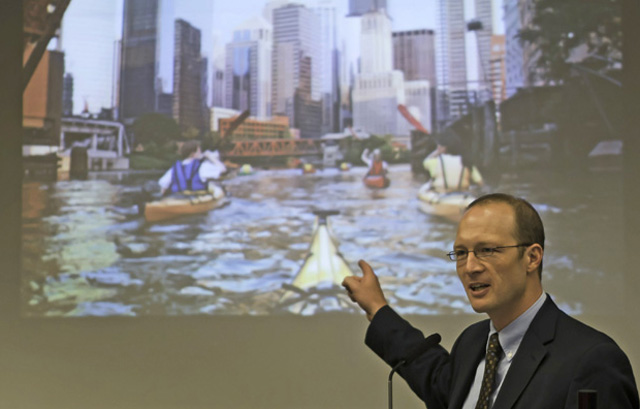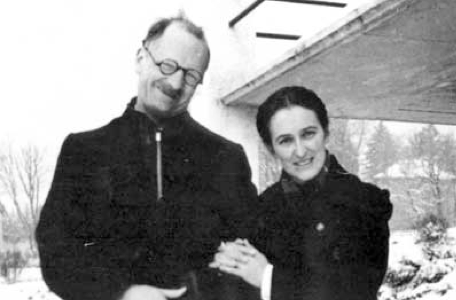Page 95 • (2,651 results in 0.029 seconds)
-
Inclusive Pedagogy SeminarsBeginning Fall 2019, the Dean of Inclusive Excellence began facilitating semester-long Inclusive Pedagogy Seminars.While participating in the seminar, faculty will: continue to develop self-awareness of their social and professional identities and how they impact their role as instructor by engaging in reflective activities, gain an increased understanding of inclusive pedagogical approaches and practices by reading short articles and participating in conversations
-
Relations70OctoberPI Athletic Awards Banquet AthleticsOctoberPI Fall Preview Day Admission & Enrollment Services600OctoberPI, CP, PS Annual Dale E. Benson Lecture Division of Social Sciences150-200OctoberPI Internship, Volunteer, and Job FairCareer ConnectionsOctober Board of RegentsOffice of the President70OctoberPI, CP David and Marilyn Knutson Lecture Religion Department150-200OctoberPI Powell-Heller Conference for Holocaust EducationHolocaust and Genocide Studies Programs350Fall 2016PI Family Weekend Office of
-
questioning, the preparation of citizens in service to the world, and its own ongoing reform. They express and support what rightly rests at the center of personal and national life: a vibrant intellectual tradition committed to asking significant questions. 1. Critical questioning of current knowledge and values Early in his academic career, Martin Luther gained a reputation for questioning the economic, educational, political, religious, and social norms which many of his peers took for granted. Such
-

everything from an open sewer to a drainage canal, he said. Recently, though, the EPA has taken a different view. The agency views the waterway as a river, and wants it cleaned up to EPA standards. And a bunch of kayakers have begun paddling around the river, in support of the EPA mandate. Samuel Torvend, Professor of Lutheran Studies and conference moderator, noted that while Martin Luther didn’t speak directly to water resource issues, Luther was keenly aware of using resources for the social good of
-

on her mother’s. She was a descendant of one of the Decembrists, the early 19th century social justice revolutionaries in Russia. Hewett remembers her mother as a passionate idealist and natural social worker. André and Magda met in the mid-1920s while studying in New York City, he at Union Theological Seminary and she at the New York School of Social Work. Six weeks after meeting, they were engaged. “They were two people from different places with the same ideas about serving humanity and doing
-
Learning Outcomes*Effective January 2019* Upon completion of their degree, Religion majors will be able to: Explain “Religion” as a category of analysis in academic contexts, identifying when and how religious beliefs, interpretations, and practices shape human life, culture, and history, as well as how they change over time. Analyze religious traditions and expressions within their historical, social, and cultural contexts. Describe an array of academic tools or methods in the study of
-
their existing values – as a result of their experiences in your course. Possible Assessment Procedures: Personal reflections Standardized questionnaires, for example, about interests, attitudes, or values Learning portfolios Human DimensionThis has two aspects: the Personal Dimension (Self) and Social Dimension (Others) Personal Dimension: Information about this dimension can be elicited in two basic ways: Personal reflections Standardized questionnaires, on factors such as self-confidence, can be
-

Square in mid-November, investigates the multiple challenges to U.S. and Canadian waterways, more than 50 percent of which are threatened by overpopulation, urban and rural water pollution, climate change and more. Produced by a team of seven PLU undergraduate students, “Changing Currents” received five Accolade Awards of Merit in the Documentary Short, Use of Film / Video for Social Change, Original Score, Editing and Title/Credit Design categories. “Changing Currents” was also recognized with an
-

religion may be a more humane one. Unlike current stereotypes about religion: PLU does not equate religious affiliation with an anti-intellectual/anti-science stance or a lack of the best, contemporary rigorous scholarship. Religious beliefs are treated with respect as valuable to the believer; Many people in our world engage the “holy” or spiritual and these are assets they bring to our educational community. Students are encouraged to bring their religious, cultural, social values and perspectives to
-
) EDUC 791: Program Evaluation Applied Project & Seminar (4) 2025-26 Academic Year TermCredit Hours Summer 20252 courses (5 credits) EDUC 761: Educational Leadership: Equity and Social Justice (3) EDUC 792: Applied Project Seminar (2) Fall 20252 courses (7 credits) EDUC 762: Educational Leadership: Systems Leadership (3) EDUC 793: Instructional Leadership and Equity Applied Project & Seminar (4) Spring 20262 courses (6 credits) EDUC 794: Instructional Leadership and Equity Applied Project & Seminar
Do you have any feedback for us? If so, feel free to use our Feedback Form.


